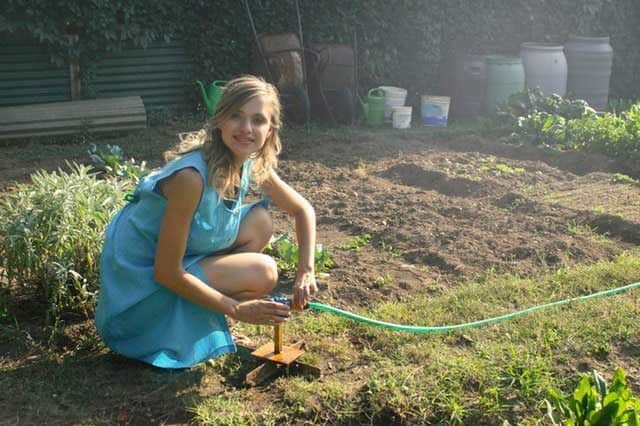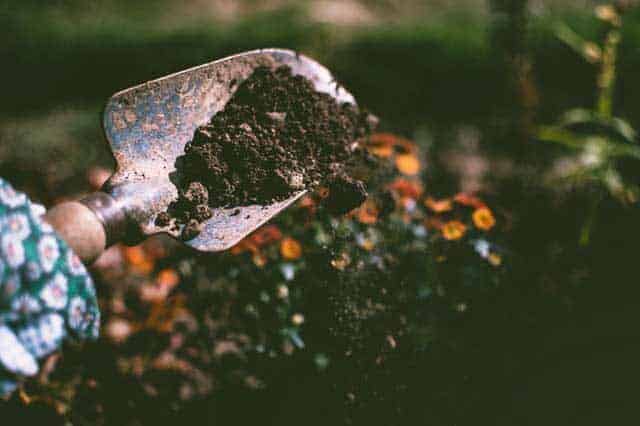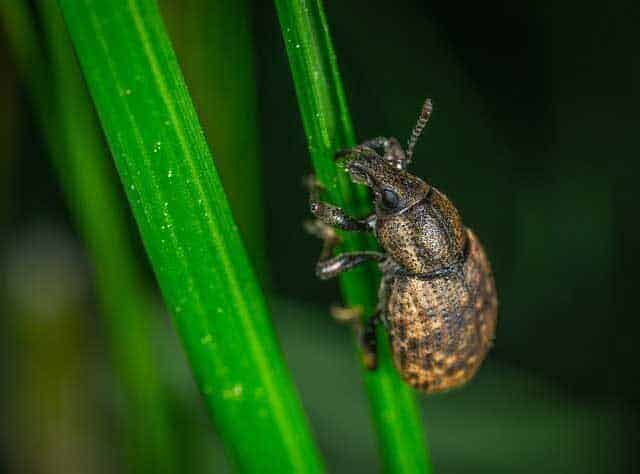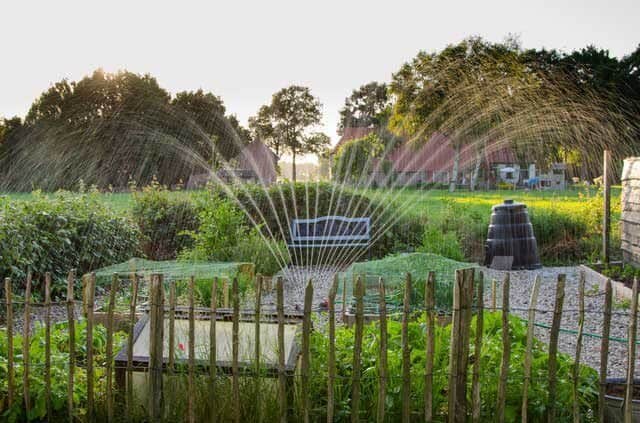Table of Contents
Gardening is a wonderful hobby that has the power to make you forget about your daily troubles. It also allows you to focus on something that truly matters, and that’s nature. Finally, it’s one of the only hobbies which lets you see the results of your hard work firsthand. That being said, it’s important to take measures to assure these benefits. Most gardeners end up with wilted gardens and can’t figure out how it happened. This is especially common with those new to the game. To ensure you’re not killing your garden, you should take the next steps.
1. Plan your location carefully

One reason your plants keep dying could be that the location is all wrong. There are three factors you should pay attention to when placing your new plants. Of course, we’re talking about humidity, lighting, and temperature.
Where you place your plant depends on the plant itself. Some prefer more light while others shy away from it, for example. When you go out to buy a new plant, you should do thorough research on where the plant likes being kept the most. Placing it in the right environment will help it grow and flourish in no time. Make sure to change the location according to outside factors, too.
2. Take things slow

Shock is a universal thing for living beings, regardless of species. Taking plants home from a store and immediately showing them into a pot or putting them outside can prove to be quite a shock for your new friend. They need time to adjust to the new environment, which is why you need to be patient and kind.
Before you settle your new plant into its home, let it sit in your house or garden for a few days in its original pot. This way, it will get used to its surroundings and be able to easily strive when you finally give it its permanent place at your residence. As well as that, you should handle the roots gently and transfer as many as you can. A final step to reducing shock could be feeding your plants some sugar.
3. Be careful with pests

Pests are a common sight in the garden, but not always a welcome one. A lot of bugs can end up killing your plants if you let them stay in the garden for too long. There are two possible scenarios involving bugs. The first one is the briefly aforementioned one when you let them inhabit your garden with no resistance. This is why you need to regularly check your plants for signs of bugs. The leaves are the first part of any plant you should check. Also make sure the plants have adequate space between each other, as this will provide a drafty and cold environment bugs will deter from.
The second scenario occurs when you want to get rid of the pests. In the process, most gardeners end up killing their plants, too. The most advised course of action would be to use homemade repellents as they are non-toxic and will only chase off the bugs. You could also introduce birdbaths and toad houses to your garden and let nature do the job for you.
4. Have a watering schedule

Most people don’t even think about water as a big deal. All you have to do is get your hose and sprinkle some water all over the plants. It’s not that simple, though. Even though the technique is pretty straightforward, it’s the timing of the watering which is troubling. For optimal results, you should start watering in the morning.
Take your trusty hose pipe as soon as you wake up and bless your garden with water. The plants will be able to handle the hottest part of the day without cracking or wilting, but will also be dry in the evening when too much moisture would stunt their growth. As well as your daily timing, you should pay attention to the weather. If it’s windy outside, perhaps it’s best to avoid watering that day, for example. You’ll need twice as much water due to excessive evaporation and your plants won’t benefit much from that one day.
5. Don’t use too much fertilizer
It might be intuitive to use as much fertilizer as possible because you’ve only heard of the benefits it can have for your plants. It doesn’t matter if it’s the natural or store-bought kind, too much fertilizer can end up doing more harm than good. This is because it makes your garden thirstier and weaker.
Plants start relying on the fertilizer too much and soon they can’t withstand the heat without enormous amounts of water. As soon as you stop delivering what they crave, your garden goes from green to brown. Your goal as a gardener is to nourish strong and healthy plants, so use fertilizer in moderation. A small amount can have desired benefits, but be careful not to overdo it.
Conclusion
As you can see, simple steps can be taken for the safety of your garden. Once you learn to take care of it properly, nothing will stop you from having the most beautiful garden on the premises. We’re confident that these tips will benefit both you and your little piece of heaven. Optimal results are just a few taps away.

